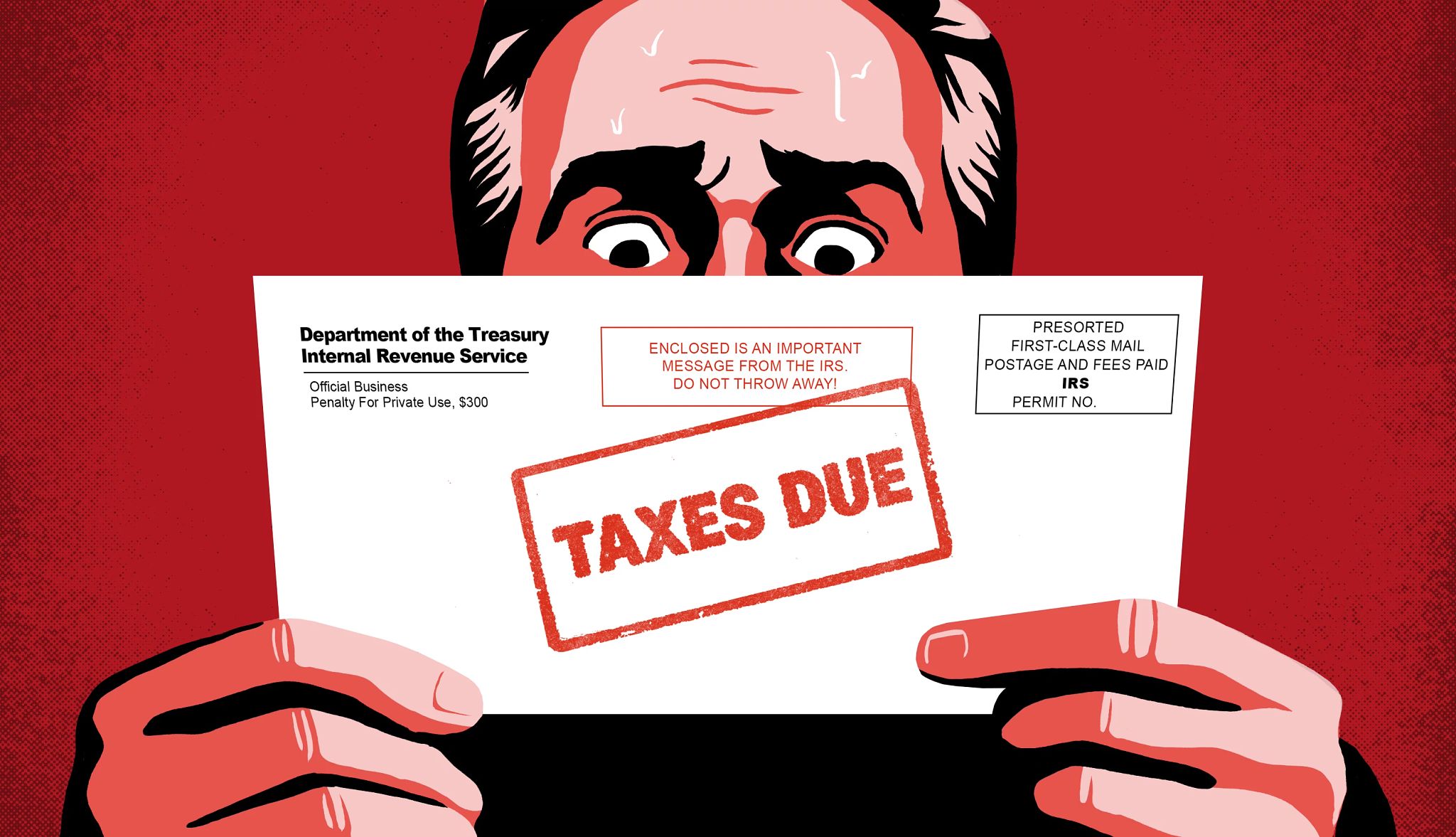Play all audios:
You can get a tax filing extension, but you’ll still be expected to pay your taxes by the April 15 deadline. For 2025, the extension is Oct. 15. Although you’ll owe penalties on unpaid
taxes, you’ll dodge the more onerous late filing fee penalty. 4. LOOK FOR WAYS TO PAY YOUR TAXES NOW If you can scrape together some cash to pay off your tax bill now, you can avoid the IRS
penalties and interest. Perhaps you can sell off some stock or other investments. If you have an emergency fund, paying your tax bill might qualify as an emergency. If you have to take a
required minimum distribution (RMD) this year from a retirement account, consider taking it now instead of waiting until the end of the year. You might even want to consider getting a
temporary part-time job to earn some extra money. Borrowing money could be a good option if you can get a no-interest or low-interest loan from a friend or family member. If you can’t, it
still might be cheaper to borrow from a bank and pay your tax bill on time than to pay later and incur the IRS penalties and interest. Tapping into your retirement funds may also help. If
you’re under age 59½ you can take up to $1,000 per year out of an IRA or 401(k) plan for an emergency without having to pay the 10 percent early withdrawal penalty, although you’ll still
have to pay federal and possibly state taxes on the withdrawal. 5. SEE IF YOU CAN GET MORE TIME TO PAY If you can’t pay your tax bill now, the IRS might let you pay it later, either through
a payment extension or through a payment plan that spreads out the payments over time to make the bill more manageable. Payment extensions are only available if paying your taxes now would
create an “undue hardship.” According to the IRS, an undue hardship is more than just an inconvenience. You have to show that you would suffer a substantial financial loss by paying your
taxes by April 15, such as having to sell property at a drastically reduced price. If you meet the undue hardship standard, you could get an extension of up to six months (or even longer if
you’re out of the country). Alternatively, you may be eligible for a short-term payment plan of up to six months or a long-term payment plan of up to six years. You can fill out Form 9465 to
apply for a payment plan or call the IRS directly at 800-829-1040. If you owe $50,000 or less and are seeking a long-term plan, or you owe $100,000 or less for a short-term plan, you might
be able to avoid filing Form 9465 and apply for an installment agreement on the IRS website, says IRS spokesman Eric Smith. (Bonus: If you establish an installment agreement using the
IRS's Online Payment Agreement application, you’ll pay a lower user fee than you would with Form 9465.) The IRS will want to know how much you can pay on the balance, and it might
suggest a higher payment. In any event, you’ll still owe accumulated fees and penalties, but you should be able to arrange a payment plan that will work for your budget. 6. OFFER TO PAY LESS
THAN WHAT YOU OWE If you can’t pay all the taxes you owe but can pay some of them, an Offer in Compromise (OIC) might be the way to go. With an OIC, you offer to pay the IRS what you can
reasonably afford. The IRS says it will typically approve an OIC if the amount you offer is the most it can expect to collect within a reasonable period of time. There are some
eligibility requirements that you must meet to qualify for an OIC: * Filing all required tax returns. * Making all required estimated tax payments. * Not being in an open bankruptcy
proceeding. * Having a valid tax filing extension for the current year return There are two payment options with an OIC: lump sum or periodic payments. With the lump-sum option, you pay 20
percent of your offer amount upfront with the application and then the rest within five months. With periodic payments, you send the first payment with your application and pay the the
rest over six to 24 monthly payments.

